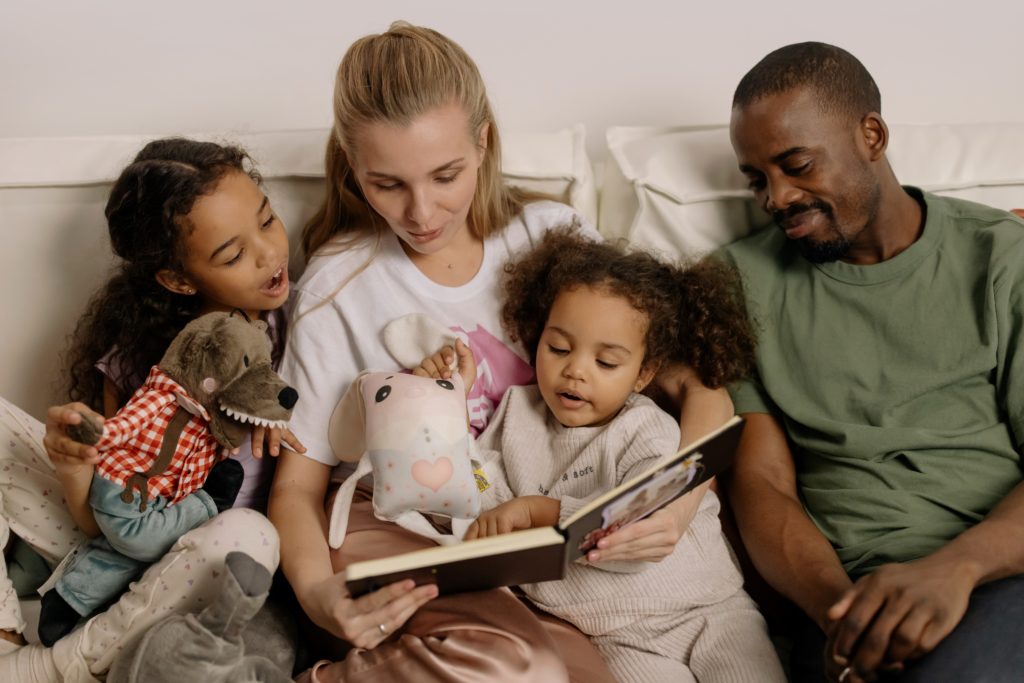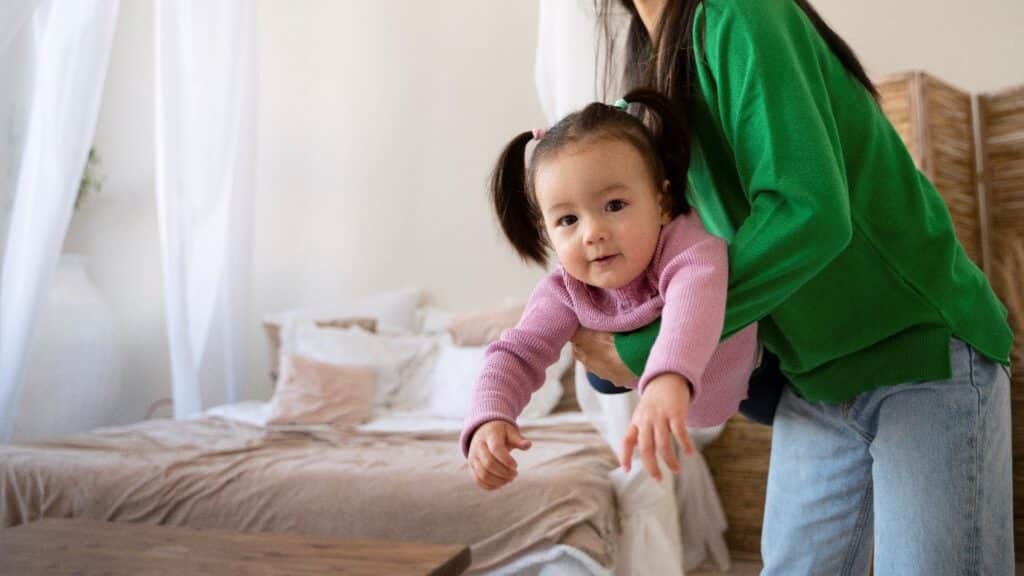Preparing Your Toddler for a New Baby: Tips and Strategies
Having a new baby is an exciting but challenging time for any family. For parents of toddlers, the arrival of a new sibling can be especially overwhelming. Not only are parents busy caring for a newborn, but they also need to help their toddler adjust to a new family member. Fortunately, parents can use many effective strategies and tips to prepare their toddlers for a new baby.
-
Start early
It’s never too early to start preparing your toddler for a new baby. Parents can start talking to their toddlers about what to expect before the baby arrives. This can include talking about how babies cry, sleep a lot, and need lots of attention. Parents can also read books about new siblings and show pictures of other families with babies.
-
Involve your toddler
Getting your toddler involved in the preparations for the new baby can help them feel more included and excited about the arrival of their new sibling. Simple tasks like choosing baby clothes or picking out a toy for the baby can make a big difference. Additionally, parents can encourage their toddlers to help set up the baby’s room and even decorate it.
-
Talk about feelings
It’s important to acknowledge and validate any feelings that your toddler may have about the new baby. Parents can talk to their toddlers about any fears, worries, or concerns they may have. It’s important to reassure your toddler that they will still be loved and important in the family, even with a new baby.
-
Read books about new siblings

Reading books about new siblings can be a great way to prepare your toddler for the arrival of a new baby. There are many age-appropriate books available that can help children understand what to expect and how to feel about a new sibling. Some popular titles include “I’m a Big Sister/Brother” by Joanna Cole and “The New Baby” by Mercer Mayer.
-
Practice baby care

Parents can help their toddlers prepare for a new baby by practicing baby care with them. This can include playing with baby dolls, practicing diaper changes, and feeding a baby doll. This can help your toddler understand what it will be like to care for a baby and help them feel more comfortable around their new sibling.
-
Maintain routines
Toddlers thrive on routine, so it’s important to maintain their usual routines as much as possible during the transition to a new baby. This can include mealtimes, nap times, and bedtimes. Additionally, parents can try to keep up with their usual activities and outings with their toddlers to help them feel more secure and stable.
-
Offer choices
Giving your toddler choices can help them feel more in control during a time of change. For example, parents can offer their toddler a choice of which outfit the baby should wear or what book to read to the baby. Parents can also offer their toddlers to choose their daily routines. These routines such as choosing what to wear or have for breakfast.
-
Spend one-on-one time
With the arrival of a new baby, it can be easy for parents to focus all their attention on the newborn. However, it’s important to make time for one-on-one time with your toddler as well. This can include reading a book, playing a game, or going for a walk. This can help your toddler feel special and important, even with a new baby in the family.
-
Be patient
Adjusting to a new baby can be challenging for everyone, including toddlers. It’s important for parents to be patient with their toddlers and understand that it may take some time for them to adjust. Parents can try to remain calm and positive, even when their toddler is acting out or struggling with the transition.
An insight from Mamahood
As a mother, it can be easy to feel overwhelmed when preparing for a new baby, especially with a toddler in tow. It’s important to remember that each child is different and may respond differently to the changes. Don’t hesitate to reach out for support from family, friends, or professionals if needed. Additionally, make sure to take care of yourself and prioritize self-care during this transition.








